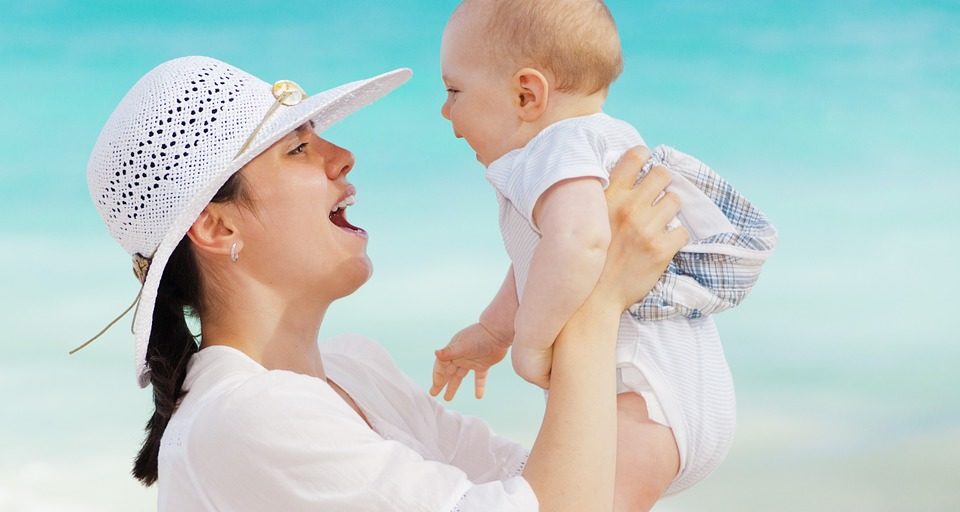What Does Temperament Mean for You and Your Infant or Toddler?
Temperament describes the way any individual — regardless of age — approaches and reacts to the world. It is a personal “style” that is present from birth, and an important feature of social and emotional health.
The compatibility between a parent and his or her child’s temperament can impact the quality of their relationship. This compatibility is often referred to as “goodness of fit.” A goodness of fit happens when an adult’s expectations and methods of caregiving adapt to the child’s personal style and abilities.
It’s important to understand that goodness of fit does not require that adults and children have matching temperaments. Parents don’t have to change who they are naturally — they can simply alter or adjust their caregiving methods to be a positive support to their child’s natural way of responding to the world.
The Georgetown University Center for Early Childhood Mental Health Consultation has developed an online Infant Toddler Temperament Tool (IT3) — funded by the Office of Head Start — that can help parents of infants and toddlers recognize and explore their own temperament traits and those of their child. This interactive tool evaluates the temperament of both the parent and the child, and then generates simple best-practice tips to help parents learn how to interact effectively, even with the youngest of children.
To learn more about this useful tool, visit https://www.ecmhc.org/temperament/index.html


